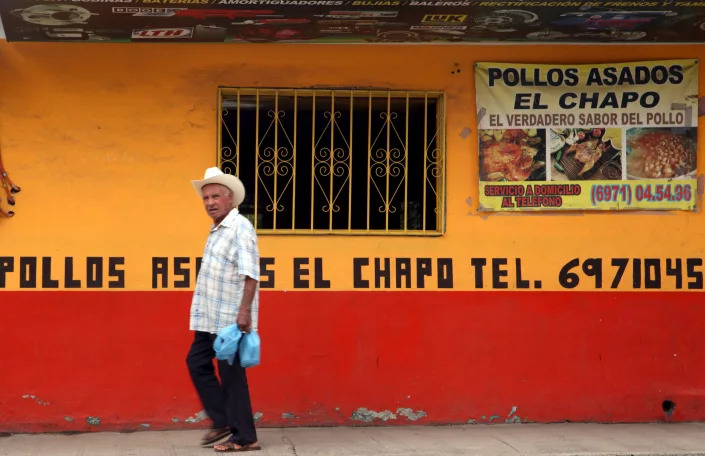Badiraguato, Sinaloa — Every day at 5 a.m. Margarita, a 51-year-old farmer, jumps out of bed and lights a candle to St. Judas, a saint believed to listen to lost or almost impossible causes.
Only after that, Margarita steps out to her front yard and looks over her marijuana plants, which are covered with a camouflage-shaded cloth.
“Every morning I pray to San Judas that the government doesn’t destroy my plantation. It’s been such an effort to put it back up after it got destroyed the last time,” she told Insider. Mexican military personnel destroyed Margarita’s weed crops during an operation in 2019.
Margarita doesn’t work for any of Mexico’s cartels or criminal organizations. She is doing what she has learned from generations of ancestors: Marijuana harvesting has been her family’s legacy for more than 100 years.
“I really don’t involve myself too much in the rest of the process from the plant. I harvest, pick and trim my plants, and then if someone wants it, fine. If not,” she says, “I store it until it sells.”

Margarita’s product caters to the Mexican market, reaching buyers through independent distributors but also through criminal organizations like the Sinaloa Cartel — the cartel’s jailed kingpin, Joaquin “El Chapo” Guzmán, was born in Badiraguato and the region is still the group’s home turf.
But all Margarita cares about is that her product is not selling as much as it did five years ago. “The full sacks of weed sometimes stay there in the warehouse for a month or two, and what do I do? How do I sustain myself if I’m not selling?” she said in an interview.
Margarita helps herself with a government assistance program called “Sembrando Vida,” which hands out roughly $220 a month to small farmers in states like Sinaloa and neighboring Chihuahua and Durango — a region known as the golden triangle for the intensive cultivation of marijuana and opium poppy there — to encourage local development and discourage drug production.
Click here to read the complete original article on Business Insider






